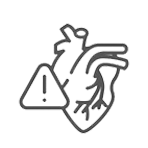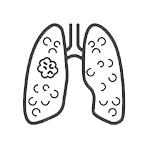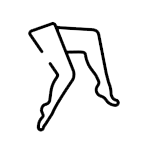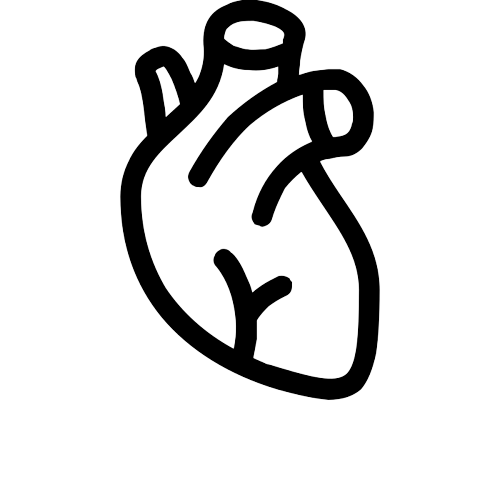High cholesterol
High cholesterol, also known as hyperlipidemia, occurs when LDL cholesterol levels in the blood rise above the usual range. It can accumulate in your blood vessels, causing them to become narrow and obstructed, hence impeding blood circulation and potentially causing life-threatening consequences.
Q & A
What is elevated cholesterol?
The liver manufactures a lipid-containing fatty substance called cholesterol. Cholesterol is necessary for the production of vitamin D, some hormones, and cell membranes. “Good” cholesterol refers to high-density lipoprotein (HDL), whereas “bad” cholesterol refers to low-density lipoprotein (LDL).
High cholesterol, also known as hyperlipidemia, occurs when LDL cholesterol levels in the blood rises above the usual range. It can accumulate in your blood vessels, causing them to become narrow and obstructed, hence impeding blood circulation and potentially causing life-threatening consequences.
What factors contribute to high cholesterol?
In most cases, high cholesterol is caused by a diet heavy in meat and saturated fat and a lack of exercise.
Additional contributing factors include: smoking, alcohol consumption, genetics, hypothyroidism, and diabetes.
Does elevated cholesterol produce symptoms?
In the early stages, persons with elevated cholesterol frequently exhibit no symptoms. As the condition progresses, adverse outcomes begin to emerge. These include: arteriosclerosis, high blood pressure, heart attack, stroke, or kidney disease.
How can a physician identify elevated cholesterol?
With a regular blood test, a trained doctor can identify elevated cholesterol. In addition to reviewing your medical history and discussing any worrying symptoms, a doctor does a physical examination to rule out the possibility of any underlying disorders.
What is the most effective therapy for high cholesterol levels?
For the treatment of high cholesterol, a doctor should prepare an individualized management plan. This typically include dietary guidance, exercise recommendation, weight reduction if overweight, and routine cholesterol test. In combination with healthy lifestyle modifications, statins and other prescription drugs can further bring high cholesterol under control.
Managing your cholesterol with the assistance of an expert physician may facilitate a healthy, active lifestyle.















